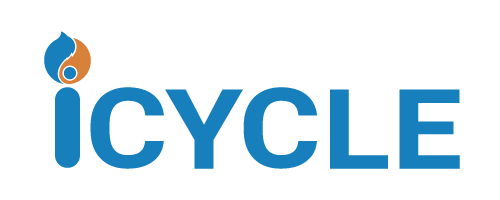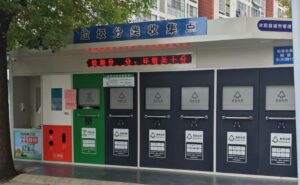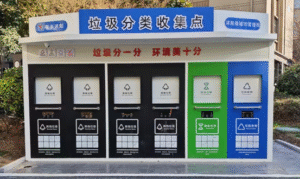Empowering Local Action for Circular Transformation

From May 12 to 16, 2025, more than 50 government officials, waste management professionals, and business leaders across Asia convened in Shaoxing, China, for a pivotal training on circular economy and sustainable solid waste management. Organized by the Asian Development Bank, Terra Phoenix (China) and local partners, the five-day program focused on equipping stakeholders with practical strategies to tackle rising waste challenges, reduce carbon emissions, and drive sustainable development.
At the heart of the training was a five-layer circular economy framework, offering a structured yet flexible approach to transform municipal waste systems. It emphasized that sustainability is not simply about recycling—it’s about redesigning the systems that govern how resources are used, reused, and returned to nature. These five dimensions—material, carbon, service, community, and finance—illustrate how circularity can be embedded across policy, infrastructure, and daily practices.
Real-life examples demonstrated the power of local action. In Zhejiang’s Jianling Village, a decentralized food waste composting model engages 1,500 residents in diverting kitchen waste, regenerating soil, and fostering environmental responsibility. In Jiangsu, over 11,000 metric tons of discarded electrical cables were recovered by State Grid Xuzhou in 2024, turning waste into valuable materials while significantly lowering carbon emissions.

China’s national efforts also reflect growing momentum. In 2023 alone, the country recycled approximately 376 million tonnes of renewable resources—1.5% more than the previous year. These achievements align with China’s 14th Five-Year Plan, which sets ambitious targets for resource efficiency, construction waste utilization, and recycled metal production.
Beyond the numbers, the program stressed that transitioning to a circular economy requires more than new technology. It demands a cultural and governance shift where waste is no longer viewed as a burden but as a resource. Participants explored policy tools like Extended Producer Responsibility (EPR), carbon accounting, and Life Cycle Assessment (LCA) to strengthen local implementation. Governments were encouraged to invest in smart infrastructure and public education, while businesses were urged to integrate ESG principles and form circular partnerships with municipalities.
The message from Shaoxing is clear: circular economy is not a future ideal—it is a present-day necessity. When thoughtfully applied, it not only reduces environmental harm but also generates green jobs, restores ecosystems, and supports economic resilience. Participants left empowered, not only with technical knowledge but also with a renewed commitment to act.






